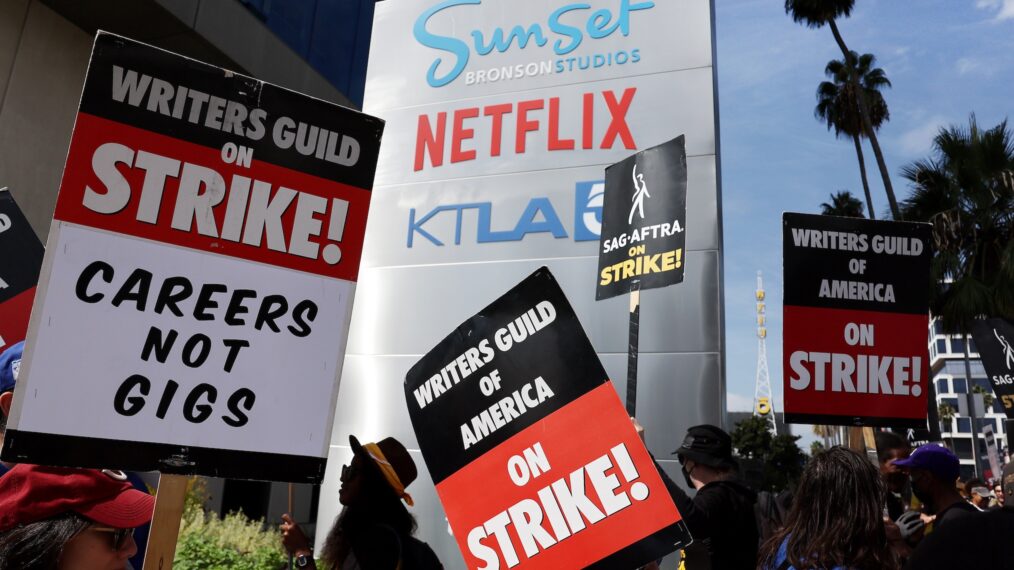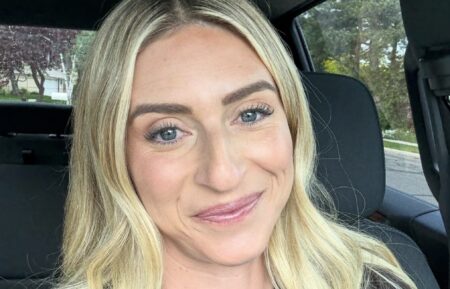Writers Strike Is Finally Over, Actors Strike Continues

The Writers Guild of America leaders have agreed to the tentative deal to end the writers’ strike after five months of picketing and tense negotiations. But the actors’ strike continues, at least for now.
“Today, your Negotiating Committee, the WGAW Board and WGAE Council all voted unanimously to recommend the agreement,” the guild said (per Deadline) in a statement, confirming that the strike would officially end at 12:01 am PT on Wednesday (September 27).
“It will now go to both Guilds’ memberships for a ratification vote. Eligible voters will receive ballot and materials for the vote, which will take place from October 2nd to October 9th,” the statement continued.
The new agreement runs from September 25, 2023, through to May 1, 2026, and delivers on many of the issues the writers were striking over, including protections against AI, residuals, and data transparency.
On Tuesday, the WGA told its members that it negotiated a new residual based on viewership, meaning writers will get a bonus based on streaming projects that are viewed by 20% or more of the service’s domestic subscribers in the first 90 days of release or in the first 90 days in any subsequent exhibition year.
The streamers will also provide the guild, subject to a confidentiality agreement, “the total number of hours streamed, both domestically and internationally, of self-produced high-budget streaming programs (e.g., a Netflix original series).”
In addition, writers won a 5%-4%-3.5% minimum salary increase over the course of the three-year contract. They also made huge gains in their demands for minimum staffing and duration of employment in TV writers’ rooms.
Development rooms must have at least three writer-producers and 10 consecutive weeks of employment, while post-greenlight rooms must have at least 20 weeks or the entire duration of the post-greenlight room, whichever is shorter.
The use of Artificial Intelligence in scripted programming was another key issue in the WGA demands. Under the terms of the agreement, “AI can’t write or rewrite literary material, and AI-generated material will not be considered source material,” meaning that AI-made material can’t be used to undermine a writer’s credit.
Also, under the new deal, each writer on a writing team will receive pension and health contributions up to the relevant cap as though they were a single writer rather than dividing the applicable cap.
The deal with the Alliance of Motion Picture and Television Producers was reached on September 24. Meanwhile, the SAG-AFTRA strike, which began on July 14, is still ongoing. With the actors still out it means it will be some time yet before television begins to return to normal.








